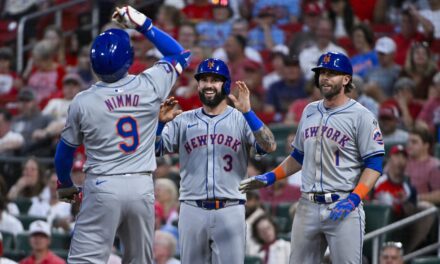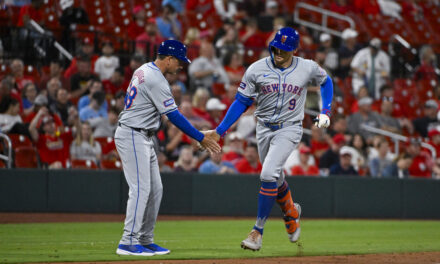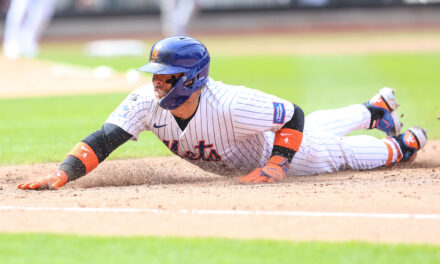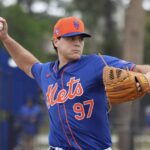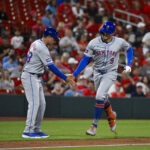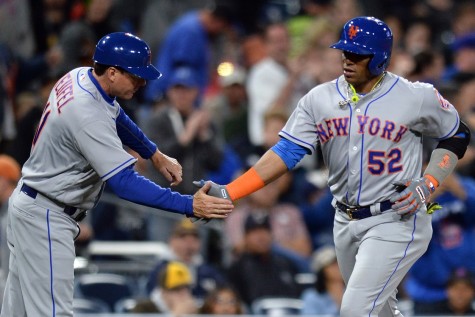
A year ago at this time, when the Mets offense was virtually non-existent, it was surprising whenever they hit a home run. Now, with the team going yard just about every night, it takes nothing short of the first career homer by a 42 year-old pitcher or a two-homer game by a 23 year-old pitcher old to shock everyone.
The turnaround from last spring has been remarkable. The 2016 Mets lead the league in home runs, and entering Thursday’s game had scored over 56% of their runs via the long ball. A team that was supposed to be known for its power arms has instead, so far, been defined by its immense power at the plate.
But old Panic City habits die hard. In a twist that would have seemed preposterous as of last July, the power surge has some Mets fans and analysts worried that the team is hitting TOO many home runs. The common conception is that come playoff time, when the weather is cold and batters are facing elite pitchers most nights, small ball is more dependable than power. Even Gary Cohen raised the question of whether the Mets could become too reliable on the long ball, noting that “home runs take vacations.”
Fortunately, Ron Darling was also there to chime in as the voice of reason, saying that he had no problem with the Mets hitting so many home runs. And nobody else should either.
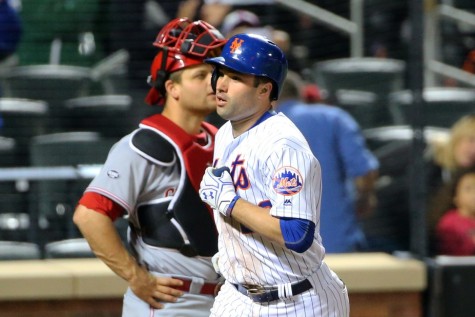
In the simplest of terms, runs are good, and home runs produce runs in the quickest and most entertaining of ways. Sure, it’s frustrating when the team fails to hit a sacrifice fly or lay down a bunt. But not too long ago it often took the Mets four hits in an inning just to plate a single run. Now, just about every batter (and pitcher) in the lineup is capable of extending a lead or inching the team closer when trailing. It’s hard to see the downside of something that has proven to be productive and incredibly enjoyable.
For those seeking a slightly more scientific analysis, a 2014 Grantland article by Ben Lindbergh on baseball myths proved that home run hitting teams actually fare better offensively in the playoffs than teams that manufacture runs. According to Lindbergh’s analysis, “Not only do teams that rely more heavily on home runs score more often during the regular season, they also retain a bigger chunk of their offensive ability in October.”
Those still not convinced can take solace in the fact that the Mets home run-reliance may just be a phase. Several Mets regulars – including Curtis Granderson, Neil Walker and Lucas Duda – have higher career batting averages and on-base percentages than they have demonstrated so far this season. As a whole the Mets will likely get on base more often as the season progresses, making home runs less of a necessity. Assistant GM John Ricco, in Wednesday’s Wall Street Journal, said “I’m not willing to cede the point yet that that’s what this team is: a feast-or-famine-type team.”
But even if the 2016 Mets are that type of team, it might not be a bad thing. For now it’s producing a lot of wins and extremely exciting baseball. And despite what the Royals showed us last October, the evidence shows that this type of offense may actually be ideal in the fall. So stop worrying, Mets fans, sit back, and enjoy the long rides. Colorado, here we come.


